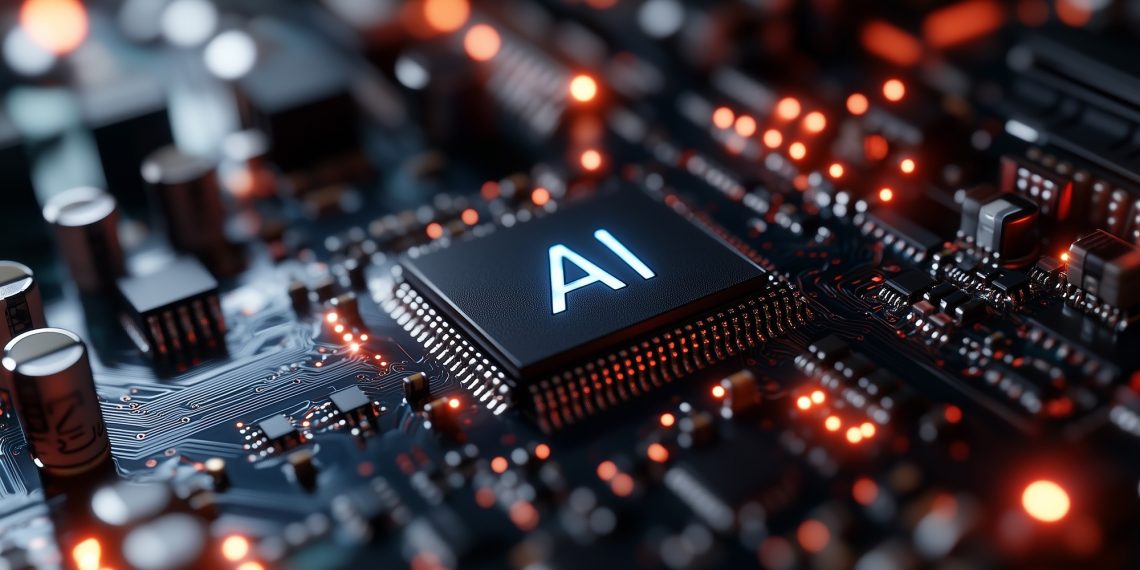Apple is leveraging generative AI to accelerate and simplify the design of its custom chips, aiming to boost productivity and reduce complexity as chip technology advances. By integrating AI into the chip creation process, Apple can automate repetitive design tasks, minimize development time, and enable engineers to concentrate on critical and innovative work.
This strategy is already visible in Apple’s partnership with Broadcom to develop “Baltra,” a new AI server chip. Baltra is set to power Apple’s private cloud infrastructure, handling demanding AI workloads for services linked to Apple Intelligence, the company’s expanding suite of AI-driven features. With these server chips, Apple can optimize performance, strengthen security, and ensure seamless integration between hardware and cloud services, supporting features that require more computational power than on-device chips can provide.
Apple’s approach splits AI processing between devices and the cloud, prioritizing user privacy by keeping personal data anonymous and under Apple’s control. This infrastructure gives Apple direct oversight over its AI services and strengthens its competitive position in the market.
In chip development, Apple remains heavily reliant on electronic design automation (EDA) tools from leading companies like Synopsys and Cadence. These firms are rapidly enhancing their software with AI capabilities, allowing for greater automation in chip design, faster turnaround, and more efficient workflows. For example, Synopsys’ AgentEngineer uses AI to handle routine tasks, freeing engineers to focus on higher-level design decisions, while Cadence continues to expand its AI-driven offerings.
The adoption of AI in chip design also creates demand for new talent—engineers skilled in both hardware and machine learning—ensuring Apple stays at the forefront of innovation. Although manufacturing will still depend on partners such as TSMC, the shift towards in-house, AI-assisted design helps Apple maintain tighter control over its product roadmap.
Businesses can take inspiration from Apple’s approach by using AI to automate complex design processes, optimize cloud infrastructure, and develop advanced products faster. This not only reduces operational costs and accelerates time-to-market, but also enhances product quality and security, positioning companies for long-term growth in a competitive landscape.









